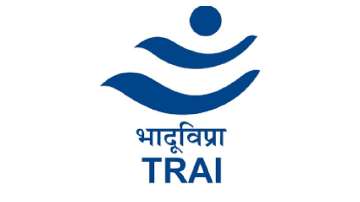The Telecom Regulatory Authority of India (TRAI) has recommended a service to mobile network operators to display the caller's identity. The service called Calling Name Presentation (CNAP) will display the caller's identity based on the registration data submitted during the KYC process. The service aims to address the issue of high volumes of fraudulent calls, robocalls, and spam. Many times due to these calls, people miss genuine calls. TRAI earlier released a consultation paper on CNAP in November 2022.
TRAI has recommended the government issue appropriate instructions to ensure that all the devices available in India should have the CNAP feature after a specific cutoff date.
Many third-party applications such as Bharat Caller ID & Anti-Spam, Truecaller, and some native smartphone tools offer spam and calling party name identification services but TRAI says these services are not entirely trustworthy as they are based on crowd-sourced data.
“All access service providers should provide Calling Name Presentation (CNAP) supplementary service to their telephone subscribers upon their request,” TRAI said in its release.
TRAI has also suggested that subscribers holding bulk connections and business connections should be allowed to present their ‘preferred name’ instead of one mentioned in their Customer Application Form (CAF).
TRAI’s recommendations are based on the Department of Telecommunications (DoT) initiative where it has asked the regulator for views on the introduction of the CNAP facility in March 2022.
Meanwhile, the government has formed a committee to draft guidelines for tackling the problem of pesky, promotional, or unsolicited calls received by consumers. These calls infringe on users' right to privacy. The decision was taken recently during a meeting chaired by Consumer Affairs Secretary Rohit Kumar Singh.
"To address the issue of pesky/promotional or unsolicited commercial calls received by the consumers, the Department of Consumer Affairs has constituted a Committee," an official statement said.
ALSO READ: Anil Kumar Lahoti, former Railway Board chairman, appointed as TRAI chief
